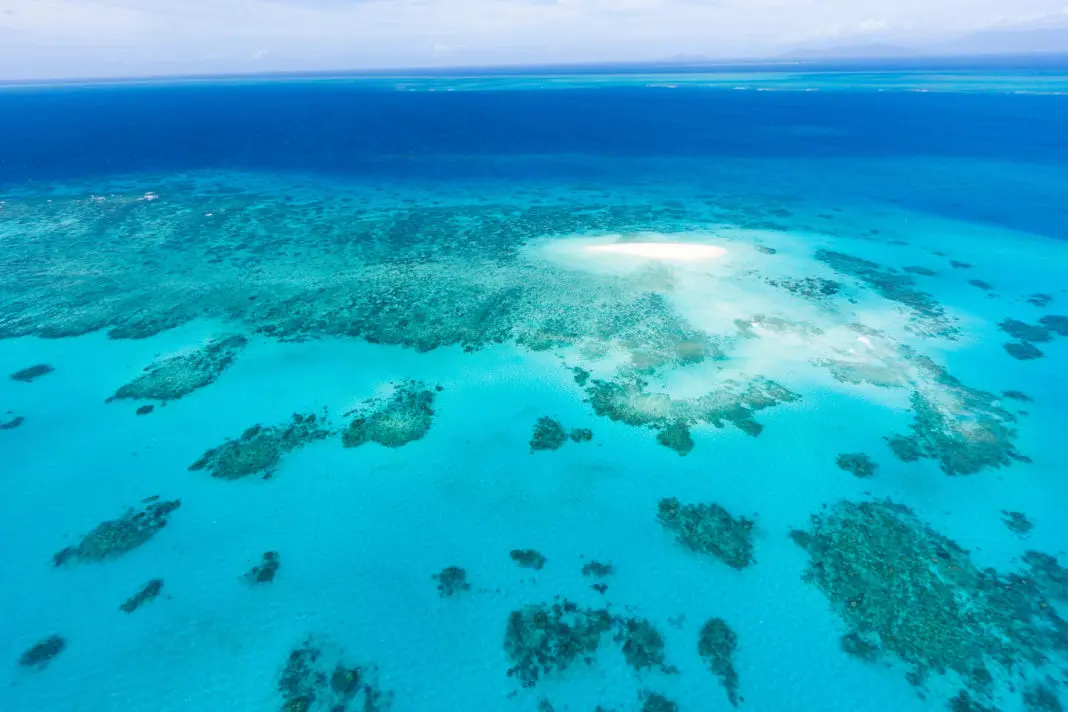Scientists in Australia have found that more than half the corals on the Great Barrier Reef have been lost since 1995.
Lead author Dr. Andy Dietzel, from the ARC Centre of Excellence for Coral Reef Studies in Queensland, says while there are numerous studies over centuries on the changes in the structure of populations of humans — or, in the natural world, trees — there still isn’t the equivalent information on the changes in coral populations:
“We measured changes in colony sizes because population studies are important for understanding demography and the corals’ capacity to breed.”
He and his co-authors assessed coral communities and their colony size along the length of the Great Barrier Reef between 1995 and 2017. Their results show a depletion of coral populations.
According to co-author Prof. Terry Hughes:
“The decline occurred in both shallow and deeper water, and across virtually all species — but especially in branching and table-shaped corals. These were the worst affected by record-breaking temperatures that triggered mass bleaching in 2016 and 2017.”
The branching and table-shaped corals provide the structures important for reef inhabitants such as fish. The loss of these corals means a loss of habitat, which in turn diminishes fish abundance and the productivity of coral reef fisheries.
Dietzel says one of the major implications of coral size is its effect on survival and breeding:
“A vibrant coral population has millions of small, baby corals, as well as many large ones — the big mamas who produce most of the larvae. Our results show the ability of the Great Barrier Reef to recover — its resilience — is compromised compared to the past, because there are fewer babies, and fewer large breeding adults.”
The authors of the study say better data on the demographic trends of corals is urgently needed.
According to Dietzel:
“If we want to understand how coral populations are changing and whether or not they can recover between disturbances, we need more detailed demographic data: on recruitment, on reproduction and on colony size structure.”
Hughes added:
“We used to think the Great Barrier Reef is protected by its sheer size — but our results show that even the world’s largest and relatively well-protected reef system is increasingly compromised and in decline.”
The study found that climate change is driving an increase in the frequency of reef disturbances such as marine heat waves. The study records steeper deteriorations of coral colonies in the Northern and Central Great Barrier Reef after the mass coral bleaching events in 2016 and 2017. And the southern part of the reef was also exposed to record-breaking temperatures in early 2020.
The authors conclude:
“There is no time to lose — we must sharply decrease greenhouse gas emissions ASAP.”
Check out an abstract of the report here.

